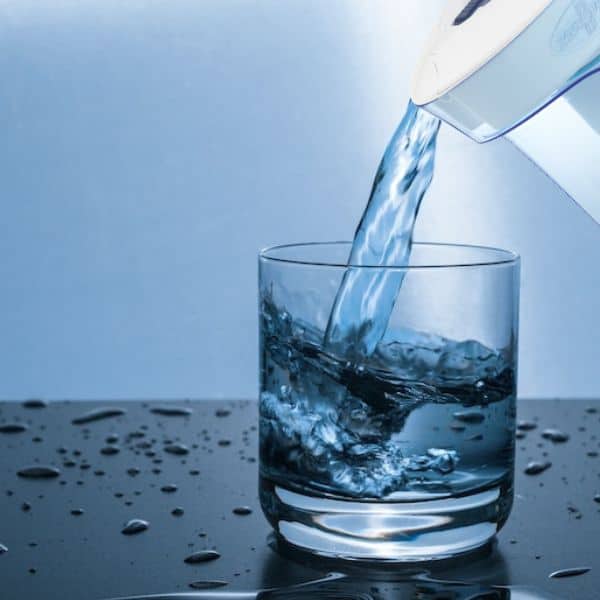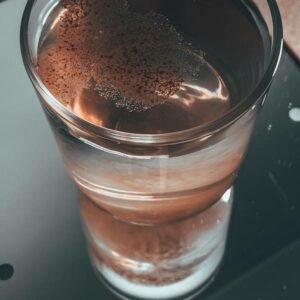What Are Water Filter Pitchers and How Do They Work?
Water filter pitchers are an effective way to purify and clean your drinking water. They offer a convenient and cost-effective option for those who want to reduce the number of contaminants in their drinking water. Water filter pitchers are designed to use a combination of filters that trap unwanted particles, bacteria, and other impurities from tap water. Here, you can check out the list of best water pitchers according to your needs.
Most water filter pitchers are generally made of plastic or glass and contain a replaceable cartridge with several layers of activated carbon and ion exchange resins that remove chlorine, sediment, heavy metals like lead, mercury, copper, and other impurities. When the tap water passes through the filter media, it becomes significantly cleaner than tap water. This makes it safe for consumption as well as provides better-tasting water.
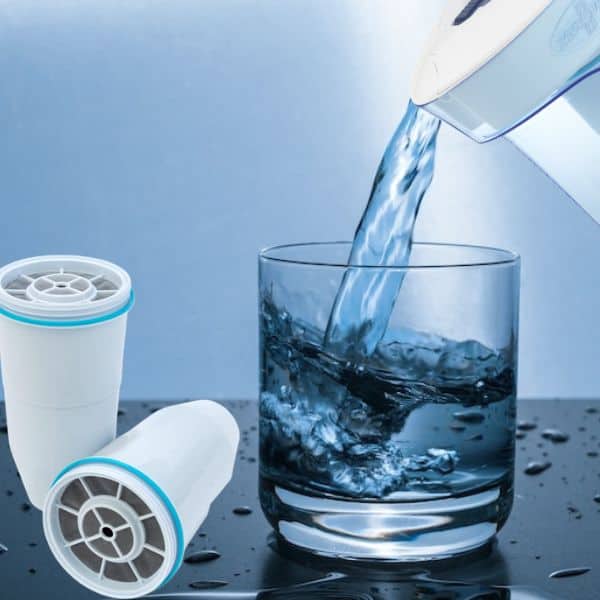
What Are the Contaminants in Your Water?
Water is essential for life but can be contaminated with many different pollutants. Contaminants in water are anything that could potentially harm human health or the environment. Understanding what can contaminate our water and how it can affect us is crucial.
Public Water Supply
The water quality in your public water supply is an important factor for your health and safety. Unfortunately, contaminants are often present in the water due to pollution or contamination from industrial processes. Knowing these contaminants and how they can affect your health is essential for protecting yourself and your family.
Public water supplies can contain a variety of pollutants, both natural and human-made. These include arsenic, lead, nitrates, bacteria, viruses, pesticides, fertilizers, and other volatile organic compounds (VOCs).
Exposure to high levels of some of these contaminants can cause serious health issues such as gastrointestinal illnesses or even cancer. It’s important to understand the risks of contaminated drinking water to protect yourself and your family.
Private Well
The water quality of private wells can be a cause for concern. Contaminants in your well water may not just affect your health but could also affect nature’s health if it is discharged or used to irrigate gardens. Knowing about the contaminants in your well water and how to test for them is essential for clean drinking water.
Some common contaminants in private wells include nitrates, bacteria, arsenic, lead, and other metals. Nitrate contamination occurs when nitrogen-rich compounds like manure or fertilizer enter nearby groundwater through surface runoff from fields or lawns.
Bacteria such as E Coli and Salmonella can cause severe intestinal illness if ingested. Arsenic contamination can occur naturally from underground mineral deposits; lead is often leached into groundwater from old pipes that transport water around the home.
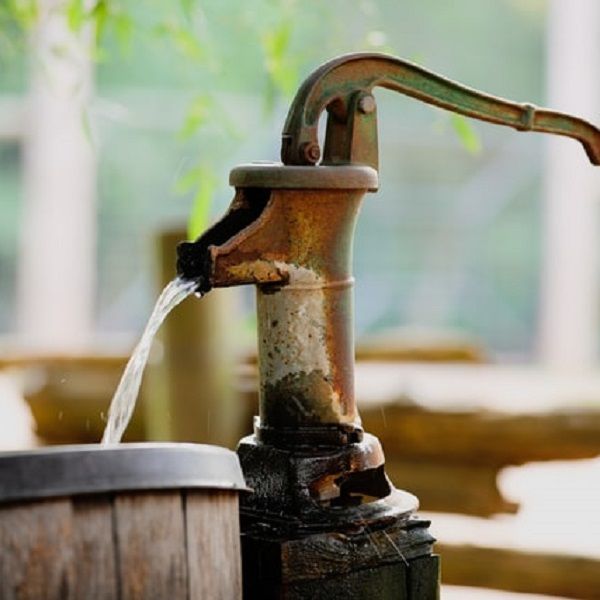
What Contaminants Do Water Filter Pitchers Remove?
Wondering if buying a water pitcher is right for you? Does it work? Water filters are an easy and affordable way to make tap water healthier. Contaminants from chlorine, lead, and sediment can be filtered out with these systems, but what else do they remove?
Water filter pitchers such as Brita filters or Zero Water filters, typically use activated carbon filters to trap contaminants. This type of filter effectively reduces a wide range of particles, chemicals, and bacteria.
Commonly removed contaminants include heavy metals like lead and mercury, chlorine byproducts such as trihalomethanes (THM), pesticides, herbicides, industrial solvents, and pharmaceuticals.
Additionally, most pitcher filters reduce particle sizes to 0.5 microns, which helps remove dirt and rust particles, and mold spores from the water.
Water Filter Pitchers Pros and Cons
Water filter pitchers offer convenience and portability, with filters that can last up to two months before needing to be replaced. But as with any water filtration system, there are both pros and cons associated with these types of devices.
Advantages of Water Filter Pitcher
Compact and Lightweight
Water filter pitchers in your home are a great way to ensure you always have access to clean and safe drinking water. These convenient pitchers are compact, lightweight, and easy to transport, making them ideal for use in any home or office.
The main benefit of these pitchers is their size; they typically measure around 10 inches in height and 5 inches in width, making them perfect for those with limited countertop space or who prefer minimalistic designs.
Water filter pitchers come with various features, such as activated carbon filters, ion exchange resin filters, and submicron filtration systems, which remove impurities from the water, including chlorine, lead, volatile organic compounds (VOCs), and sediment particles.
Convenient to use
The main benefit of using a filtered water pitcher is its convenience. Pitcher filters can be filled up in seconds with tap water, then placed in the refrigerator or on the countertop for easy access.
You can also find portable versions of these devices that are ideal when traveling or camping outdoors. They also require little maintenance, as all you need to do is replace the carbon filters every few months, depending on usage.
Economical
These economical solutions are relatively inexpensive compared to other water filtration systems and can provide up to 8 months of fresh, filtered water. They are also easy to maintain and use; fill it up with tap water, wait for the filtering process to complete, then enjoy!
Water filter pitchers use a combination of activated carbon granules and ion exchange resin beads that reduce contaminants found in tap water like chlorine, lead, arsenic, and more.
The activated carbon granules adsorb large particles while the ion exchange beads remove harmful metals from the water. This ensures your family is getting crystal-clear drinking water that tastes great too.
Additionally, these pitcher filters do not require electricity or plumbing installations, so there’s no need for expensive equipment or professional help either!
Eco-friendly
Water filter pitchers have become increasingly popular due to their environmental benefits. Not only do they provide clean and safe drinking water, but they also reduce plastic waste by eliminating the need for single-use water bottles. This makes them an excellent choice for eco-friendly households.
The main benefit of a water pitcher filter is that it is reusable, eliminating the need for disposable water bottles that can take centuries to decompose in landfills. The filter within this device removes harmful substances from tap water and can last up to two months before needing to be replaced. Reducing plastic waste also helps conserve energy since no heating or electricity is required to make it drinkable.
Water filter pitchers are an excellent way to contribute to a healthier lifestyle and planet simultaneously.
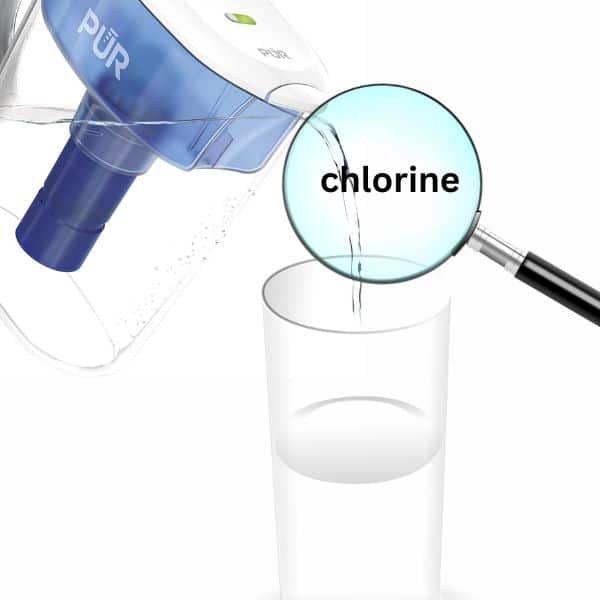
Disadvantages of Water Filter Pitcher
Less effective in removing contaminants
Water filter pitchers offer an affordable and convenient way to improve the taste of tap water. However, depending on the contaminants in your home’s tap water, they may not be as effective as other filtration systems.
Water filter pitchers have filters that use granular activated carbon or GAC as their main filtering agent. While GAC can effectively remove chlorine from the water, it is less effective in removing other contaminants such as lead, mercury, and arsenic.
Frequent filter replacement
Another disadvantage is that the filter cartridge must be replaced quite frequently to remain effective. Typically, filter replacement should happen every two months or 40 gallons, depending on which comes first; however, it can vary from model to model, so it’s important to check for specific instructions related to your device.
If you do not replace the filter regularly, the pitcher will no longer be able to remove bad taste and smell from your water supply effectively. This means drinking contaminated water could have serious health consequences, including digestive issues and other illnesses caused by bacteria or toxins in unfiltered water.
Limited holding capacity
Another disadvantage of water filter pitchers is their limited holding capacity. Most models range from 8-12 cups and must be refilled frequently when multiple people are in the house drinking filtered water.
This can become tiresome as it requires frequent monitoring of the pitcher’s level and replacing filters often due to heavy use. In addition, having to refill the pitcher constantly may cause disruptions in daily routines if not planned for accordingly.
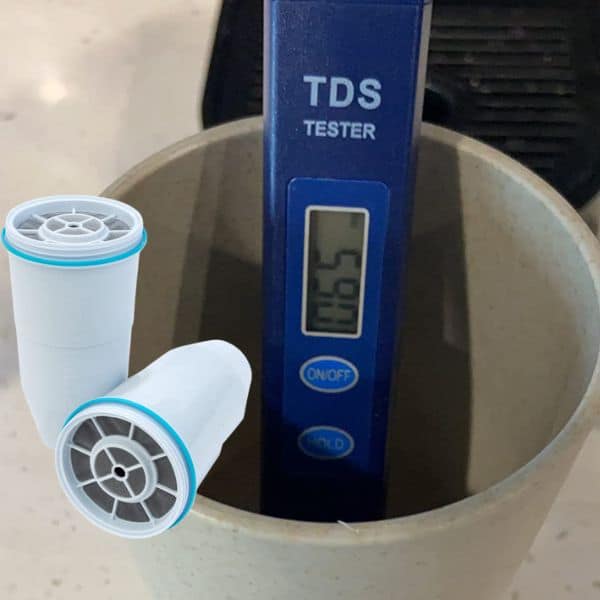
How to Choose the Right Water Filter Pitcher for You?
When choosing a filter pitcher, several factors must be considered, including capacity, filtration effectiveness, and ease of use.
Determine the contaminants in your water
The most important factor is determining what contaminants are in your water. Your best bet is to get a water analysis done by a professional at an EPA-approved lab or contact your local public health department.
Once you know what contaminants are present in your drinking water, you can determine the type of filter that will best meet your needs.
Find the water filter pitcher that removes those contaminants
The next step is researching the different types of filters on the market and deciding which filter will be able to remove all of the contaminants from your drinking water.
Various filters are available such as reverse osmosis systems, activated carbon filters, ion exchange resins, and ultraviolet light purifiers. Each has advantages and disadvantages, so knowing which is best for you before making a purchase is essential.
Consider your household size
When choosing the right water filter pitcher, it’s also important to consider your household size. The number of people in your home can significantly impact the filter pitcher best for you.
For example, if you have a family of two, a smaller 8-cup filter pitcher would likely suffice and won’t take up much room on your kitchen counter. But if you have a larger family or plan to use filtered water for drinking and cooking, investing in a larger 10-cup or 12-cup model may be more practical to meet everyone’s needs.
If you consider the above factors, you should be able to find the best water filter pitcher for your needs.
Conclusion
Water filter pitchers are a convenient, affordable, and effective way to reduce contaminants in your drinking water. They are easy to use, require minimal maintenance, and help eliminate tap water’s bad taste and odor.
While they do effectively remove certain contaminants, they cannot protect against all harmful substances that may be present in your drinking water. Therefore, it is vital to research and understands the potential drawbacks of using a water filter pitcher before making any decisions.
